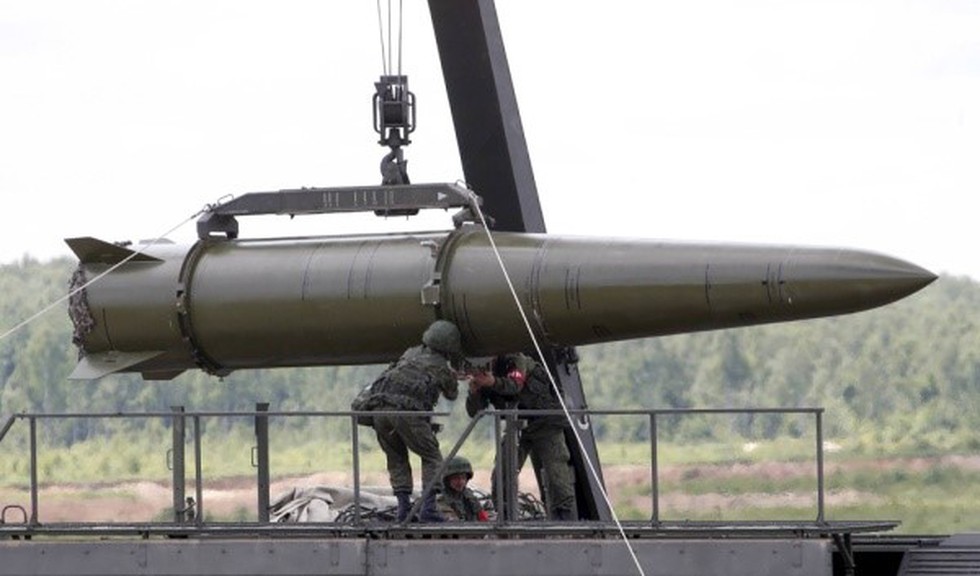About Tactical Nuclear Weapons:
- Nuclear weapons, just like other weapons, can be categorised into two types — strategic and tactical.
- Strategic Nuclear Weapons: They refer to nuclear weapons that have bigger objectives, such as destroying cities or larger targets, with larger war-waging objectives in mind.
- Tactical Nuclear Weapons (TNWs):
- They are nuclear weapons used for specific tactical gains on the battlefield.
- They are intended to devastate enemy targets in a specific area without causing widespread destruction and radioactive fallout.
- These are designed for use in battle as part of an attack with conventional weapon forces.
- These warheads can be delivered via a variety of missiles, torpedoes and gravity bombs from naval, air or ground forces. They could even be simply driven into an area and detonated.
- The explosive yield of tactical nuclear weapons can range from under one kiloton to about 100 kilotons, whereas strategic nuclear weapons can have a yield of up to one thousand kilotons.
- Delivery systems for tactical nuclear weapons also tend to have shorter ranges, typically under 310 miles (500 kilometres), compared with strategic nuclear weapons, which are typically designed to cross continents.
- They are the least-regulated category of nuclear weapons covered in arms control agreements.
- Countries possessing TNWs:
- Nine countries have tactical nuclear weapons, according to the Federation of American Scientists.
- They are Russia, the United States, China, France, the United Kingdom, Pakistan, India, Israel and North Korea.
- Russia has a stockpile of an estimated 2,000 tactical nuclear missiles.
- The U.S. has an estimated 200 tactical nuclear bombs, half of which are at bases in Europe.
